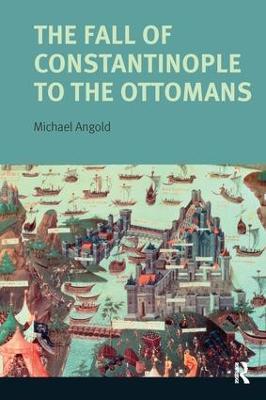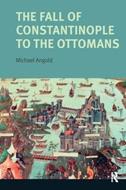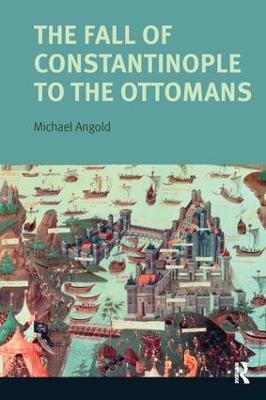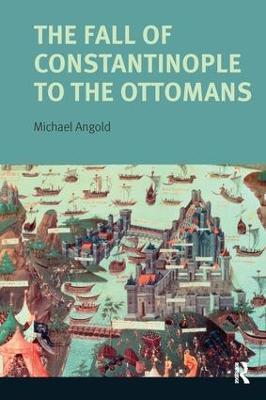The Fall of Constantinople to the Ottomans: Context and Consequences
The fall of Constantinople to the Ottomans in 1453 marked the end of a thousand years of the Christian Roman Empire. Thereafter, world civilisation began a process of radical change. The West came to identify itself as Europe; the Russians were set on the path of autocracy; the Ottomans were transformed into a world power while the Greeks were left exiles in their own land. The loss of Constantinople created a void. How that void was to be filled is the subject of this book. Michael Angold examines the context of late Byzantine civilisation and the cultural negotiation which allowed the city of Constantinople to survive for so long in the face of Ottoman power. He shows how the devastating impact of its fall lay at the centre of a series of interlocking historical patterns which marked this time of decisive change for the late medieval world. This concise and original study will be essential reading for students and scholars of Byzantine and late medieval history, as well as anyone with an interest in this significant turning point in world history.
-
Autore:
-
Editore:
-
Collana:Turning Points
-
Anno:2016
-
Rilegatura:Hardback
-
Pagine:238 p.
Le schede prodotto sono aggiornate in conformità al Regolamento UE 988/2023. Laddove ci fossero taluni dati non disponibili per ragioni indipendenti da Feltrinelli, vi informiamo che stiamo compiendo ogni ragionevole sforzo per inserirli. Vi invitiamo a controllare periodicamente il sito www.lafeltrinelli.it per eventuali novità e aggiornamenti.
Per le vendite di prodotti da terze parti, ciascun venditore si assume la piena e diretta responsabilità per la commercializzazione del prodotto e per la sua conformità al Regolamento UE 988/2023, nonché alle normative nazionali ed europee vigenti.
Per informazioni sulla sicurezza dei prodotti, contattare productsafety@feltrinelli.it



